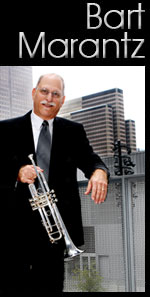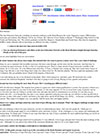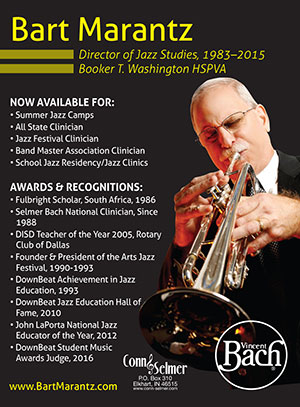 Home B.M.P. BTWHSPVA Articles Interviews Reviews Books Biography Videos Photos Calendar Music Links Contact Sara Marantz Matt Marantz Luke Marantz
Bart Marantz NPR/KERA Jazz Education Interview    Click below to listen to the interview  Click below to read the article 
|
Reviews "All's Well In Wellington" By: Bill Cunliffe Instrumentation: Big Band Publisher: Kendor Music, Inc. Grade 3 Swing Tempo = 216 $40.00 “All's Well In Wellington” comes from the Count Basie era, but with a more modern sound ala Thad Jones and some refinements from other big bands of the 1060’s and 70’s. The guitar part, for example, often doubles the lead trumpet and sometimes the lead alto sax an octave lower, reminiscent of the Rob McConnell. You should spend some time rehearsing these sections to lock in the rhythm feel and phrasing. The guitarist need not play quarter notes like Freddie Green, but should comp more in a modern style with the pianist at measure 46. The guitarist can omit measures 58-69 if his/her linear skills are limited, but should come in really strong at measure 70. Once the backgrounds come in at measure 46, it might be effective to repeat for additional soloists, encouraging any of the sections to make up blues riffs of their own, perhaps bringing the written backgrounds in again at the end. The improvising here could be more modern, in the Thad Jones-Mel Lewis style. Measure 90-93 is a drum solo that can be lengthened at will by the drummer. The drums are heard from again at measure 100, beats three and four, which have a fermata over them. On the D.S., play the first time mf, as written, and the second time mp, emulating “In The Mood.” The drummer needs to be sensitive to dynamics here, yet be willing to give a strong two-and-four background at measure 32 and after. If playing electric, the bassist should emulate a solid upright bass sound with a lot of high end. The drummer should lightly feather the bass drum throughout to help the bass sound bigger and blend with it. “All's Well In Wellington" is a solid chart that will teach as well as please. Top note for trumpet is C above the staff Bart Marantz |


